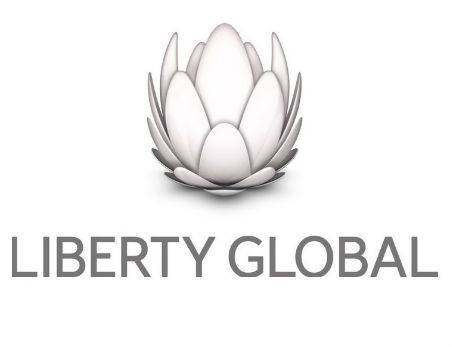Here Comes Liberty ‘3.0’
The smarter way to stay on top of the multichannel video marketplace. Sign up below.
You are now subscribed
Your newsletter sign-up was successful

Liberty Global CEO Mike Fries used the company’s third quarter earnings call to take the wraps off “Liberty 3.0,” a new initiative that aims to make the company more efficient and “super charge” its growth rate.
“This is a massive transformation program designed to streamline our operating model, accelerate our growth and drive even greater efficiency through the business,” Fries said. “It's ambitious, it's exciting, and it's 100% accretive to what's already a very strong growth business.”
But Fries emphasized that the program “is not just a cost-cutting exercise,” as it will tackle everything from revenue growth, customer engagement and churn.
Fries sees growth coming from a greater focus on mobile, building broadband market share and pursuing newbuild opportunities.
“At the same time, we are targeting a total cost efficiency program of about €1 billion from across the organization over the next few years, including obvious areas like procurement, supply chain and IT,” he said.
Fries also spent some time addressing the cord-cutting trend, which appears to be growing at a slower rate as MSOs show improved video subscriber performance, meaning that they are losing video subs at a reduced rate.
“In our world, connectivity to customer households is a golden ticket,” Fries said, but noted that Liberty Global’s next-gen TV platforms are now offered in eight countries across 42 million homes passed, which is more than 80% of its total footprint.
The smarter way to stay on top of the multichannel video marketplace. Sign up below.
Fries also agreed with what Netflix CEO Reed Hastings said at this week’s New York Times DealBook conference-- that Netflix has “always been most scared of TV Everywhere as the fundamental threat,” if cable can get its act together on it.
“While Halloween was a week ago and I think Reed's got a good reason to be scared in our markets,” Fries said, pointing out that 1.8 million Liberty Global subs use its TVE services today and the Horizon Go app has been downloaded 1 million times since a rebranding in April. “I think Reed was right, so stay tuned.”
Fries is also confident that current DOCSIS technology and the new DOCSIS 3.1 platform will keep it well postioned against the broadband competition, even as some telcos, including BT, pursue G.fast, an emerging standard that will bring gigabit capacitlies to DSL.
He said there’s little to no fiber-to-the-home completion in most of Liberty Global’s consumer markets and that he doesn’t expect telcos to build out a bunch of it.
As for G.fast, Fries believes it will “take a large amount of money and capacity and time to develop.”
But neither G.fast or FTTP puts Liberty Global at a “disadvantage” because it’s got an economically attractive path to reach multi-gigabit capabilities
“A year ago, I would have said 80 to 100-meg…is our sweet spot. Today, it's 150 to 200-meg,” he said. “The sweet spot is growing every year and that's really a good problem to have.”
